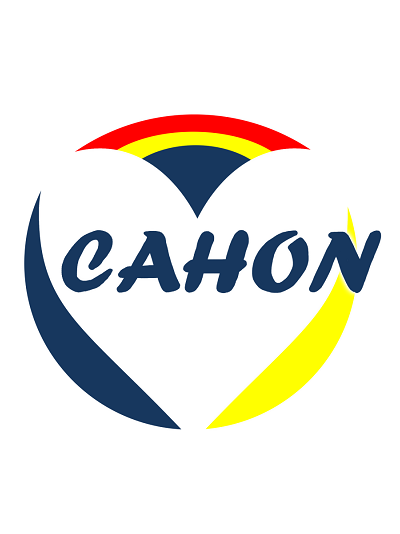非小细胞肺癌治疗策略的最新进展
IF 29.5
1区 医学
Q1 HEMATOLOGY
引用次数: 0
摘要
使用小分子酪氨酸激酶抑制剂的靶向治疗和使用免疫检查点抑制剂的免疫治疗的发展,开启了治疗肺癌的精准医学时代,肺癌仍然是全球癌症相关死亡的主要原因。靶向治疗和免疫治疗均可显著提高转移性非小细胞肺癌(NSCLC)患者的生存率。此外,最近的突破性研究已经证明了它们在早期非小细胞肺癌的围手术期和同步放化疗后的疗效。尽管一线治疗方案取得了重大进展,但对于大多数晚期非小细胞肺癌患者来说,疾病进展仍然是不可避免的,因此需要探索和优化后续治疗策略。新兴的新型药物正在扩大一线及其他地区的治疗选择。最近,新出现的双特异性抗体已显示出增强的功效。例如,阿米万他抗已被批准用于表皮生长因子受体(EGFR)突变的NSCLC治疗,包括EGFR外显子20插入突变的NSCLC。此外,抗体-药物偶联物(adc),包括靶向her2的曲妥珠单抗德鲁德康、靶向trop2的adc、靶向her3的帕特利单抗德鲁德康和靶向met的telisotuzumab vedotin,已经在一些临床试验中显示出有希望的结果。本文综述了与不断发展的非小细胞肺癌治疗前景相关的最新进展和挑战。本文章由计算机程序翻译,如有差异,请以英文原文为准。
Recent advances in therapeutic strategies for non-small cell lung cancer
The development of targeted therapy with small-molecule tyrosine kinase inhibitors and immunotherapy with immune checkpoints inhibitors has ushered in the era of precision medicine in treating lung cancer, which remains the leading cause of cancer-related deaths worldwide. Both targeted therapy and immunotherapy have significantly improved the survival of patients with metastatic non-small-cell lung cancer (NSCLC). Additionally, recent groundbreaking studies have demonstrated their efficacy in both the perioperative setting and following concurrent chemoradiotherapy in early-stage NSCLC. Despite significant advancements in first-line treatment options, disease progression remains inevitable for most patients with advanced NSCLC, necessitating the exploration and optimization of subsequent therapeutic strategies. Emerging novel agents are expanding treatment options in the first-line setting and beyond. Recently, emerging bispecific antibodies have shown enhanced efficacy. For instance, amivantamab has been approved as a treatment for epidermal growth factor receptor (EGFR)-mutant NSCLC, including those with EGFR exon 20 insertion mutations. Additionally, antibody–drug conjugates (ADCs), including HER2-targeting trastuzumab deruxtecan, TROP2-targeting ADCs, HER3-targeting patritumab deruxtecan, and MET-targeting telisotuzumab vedotin, have demonstrated promising outcomes in several clinical trials. This review summarizes the recent advancements and challenges associated with the evolving NSCLC therapeutic landscape.
求助全文
通过发布文献求助,成功后即可免费获取论文全文。
去求助
来源期刊
CiteScore
48.10
自引率
2.10%
发文量
169
审稿时长
6-12 weeks
期刊介绍:
The Journal of Hematology & Oncology, an open-access journal, publishes high-quality research covering all aspects of hematology and oncology, including reviews and research highlights on "hot topics" by leading experts.
Given the close relationship and rapid evolution of hematology and oncology, the journal aims to meet the demand for a dedicated platform for publishing discoveries from both fields. It serves as an international platform for sharing laboratory and clinical findings among laboratory scientists, physician scientists, hematologists, and oncologists in an open-access format. With a rapid turnaround time from submission to publication, the journal facilitates real-time sharing of knowledge and new successes.

 求助内容:
求助内容: 应助结果提醒方式:
应助结果提醒方式:


